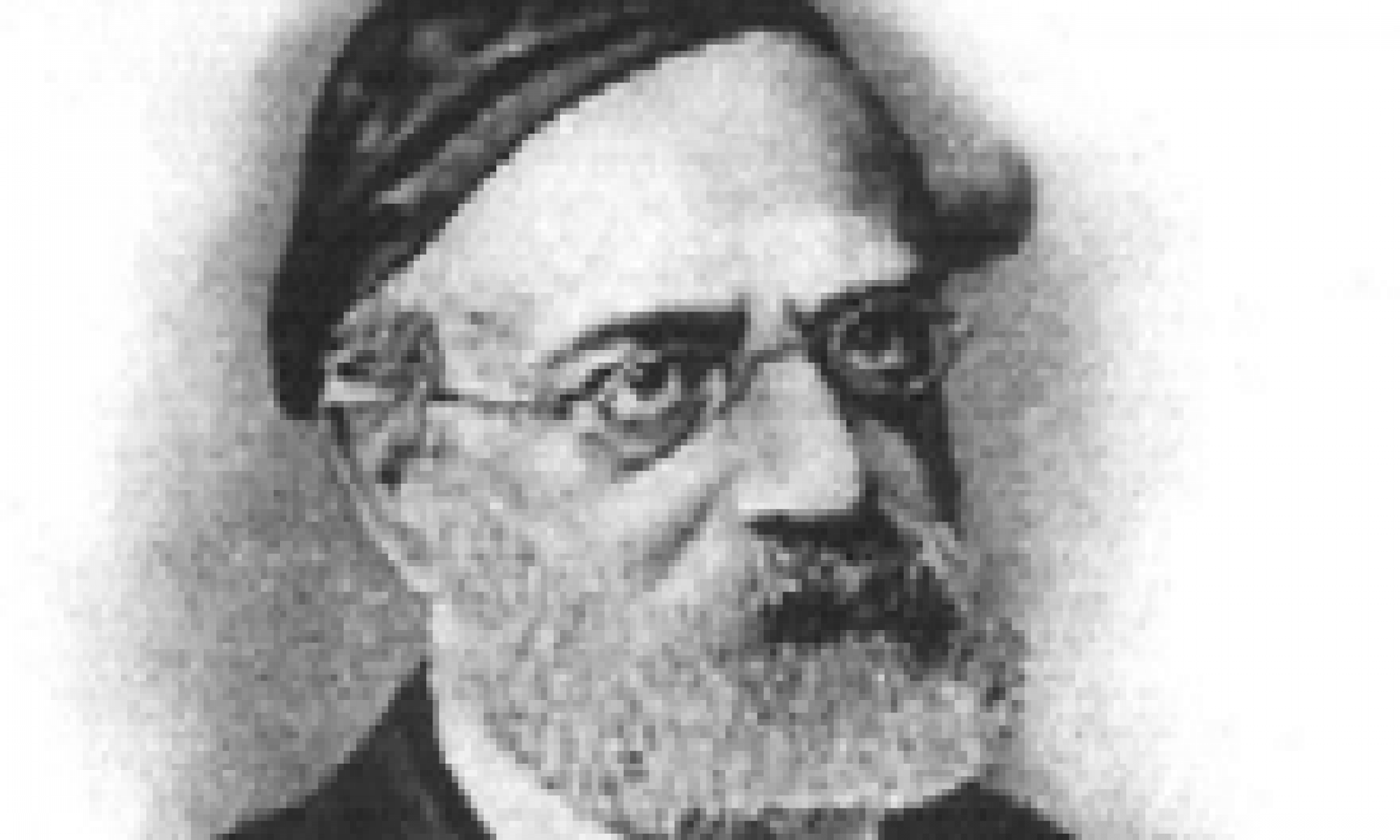Avraham leaves the land of Canaan due to a famine. He seemingly places his wife Sarah in great moral peril by lying and having her say that she is his sister. Avraham seemingly asked Sarah to do this for his own gain when he said “so that they will deal well with me to get you through me…”. Could his fear of dying have led him to such sins?
Indeed the Ramban writes on these verses אברהם אבינו חטא חטא גדול בשגגה “Avraham inadvertently committed a grave sin by placing his virtuous wife before a stumbling block of iniquity because of his fear of being killed. …. His leaving the Land, about which he was commanded, because of the famine was another sin he committed – עון אשר חטא.”
RSRH offers an explanation for Avraham’s behavior. (See the following post – Beraishis 12M.)
Even so, RSRH writes an important preface stating that the notion that one of the forefathers could have sinned or made a grave error wouldn’t be perplexing.
The following words are an exact quote from RSRH:
The Torah does not seek to portray our great men as perfectly ideal figures; it deifies no man. It says of no one: “Here you have the ideal: in this man the Divine assumes human form!” It does not set before us the life of any one person as the model from which we might learn what is good and right, what we must do and what we must refrain from doing. When the Torah wishes to put before us a model to emulate, it does not present a man, who is born of dust. Rather, God presents Himself as the model, saying” “Look upon Me! Emulate Me! Walk in My ways! We are never to say: “This must be good and right, because so and so did it.” The Torah is not an “anthology of good deeds.” It relates events not because they are necessarily worthy of emulation, but because they took place.
The Torah does not hide from us the faults, errors, and weaknesses of our great men, and this is precisely what gives its stories credibility. The knowledge given us of their faults and weaknesses does not detract from the stature of our great men; on the contrary, it adds to their stature and makes their life stories even more instructive. Had they been portrayed to us as shining models of perfection, flawless and unblemished, we would have assumed that they had been endowed with a higher nature, not given to us to attain. Had they been portrayed free of passions and inner conflicts, their virtues would have seemed to us as merely the consequences of their loftier nature, not acquired by personal merit, and certainly no model we could ever hope to emulate.
Take, for example, the humility of Moshe. Had we not known that he was capable also of flying into a rage, we would have assumed that his humility was an inborn trait not within our capacity to emulate. It is precisely his outburst שמעו נא המורים (Bemidbar 20:10) that lends his humility its true greatness: We thus infer that he acquired humility through hard work, self control and self refinement, and that we are obligated to emulate him since it is within our capacity to do so.
Let us learn from our great Teachers of Torah, among whom the Ramban is one of the most outstanding, that we must never attempt to whitewash the spiritual and moral heroes of our past. They do not need our apologetics, nor would they tolerate such attempts on our part. Truth is the seal of our Torah, and truthfulness is the guiding principle of the Torah’s great teachers and commentators.
Beraishis 12:10-13
pages 304-306

